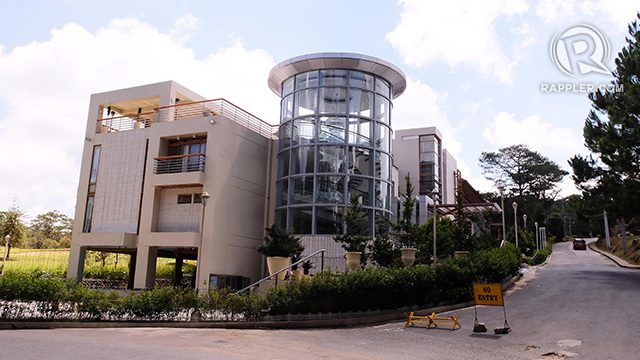SUMMARY
This is AI generated summarization, which may have errors. For context, always refer to the full article.

MANILA, Philippines – The Court of Appeals (CA) affirmed its resolution that dismissed the malversation case filed by the state-run Bases Conversion and Development Authority (BCDA) against 4 executives of Camp John Hay Development Corporation (CJHDevCo), which developed Camp John Hay, a former American recreational facility in Baguio City.
In a 5-page resolution penned by Associate Justice Zenaida Galapate-Laguilles released Monday, December 21, the CA’s Former Special Tenth Division junked the motion for reconsideration filed by BCDA seeking the reversal of its decision issued on August 12, 2015. Concurring with the ruling were Associate Justices Florito Macalino and Manuel Barrios.
In its ruling, the CA set aside the orders by the Baguio Regional Trial Court which found probable cause to proceed with the trial of CJHDevCo chairman Robert John Sobrepeña, executive vice president Alfredo Yñiguez, president Ferdinand Santos, and chief finance officer Emily Roces-Falco for the P4.3 million ($91,024.56) malversation case.
The case stemmed from the alleged failure of CJHDevCo to turn over 16 Camp John Hay Manor units and 10 Camp John Hay Suites units to BCDA under a restructuring agreement, which the developer continued to lease as regular hotel rooms under a later leaseback deal.
The appellate court held that the arguments raised by BCDA in its motion for reconsideration have already been discussed and considered in its August 12 decision.
With premises considered, “the motion for reconsideration dated September 18, 2015 is denied,” the CA ruled.
Not public funds
The amount involved is not considered part of public funds, an element essential to a criminal case of malversation under Articles 217 and 222 of the Revised Penal Code, the CA ruled.
BCDA’s case is only a civil suit to collect a sum of alleged indebtedness, CA noted.
“The sums of money in the present controversy have been derived by the exploits of the petitioners as entirely private entities, owed to the BCDA as a consequence of a private and civil concern between debtor and creditor,” the CA pointed out. – Rappler.com
Add a comment
How does this make you feel?





There are no comments yet. Add your comment to start the conversation.